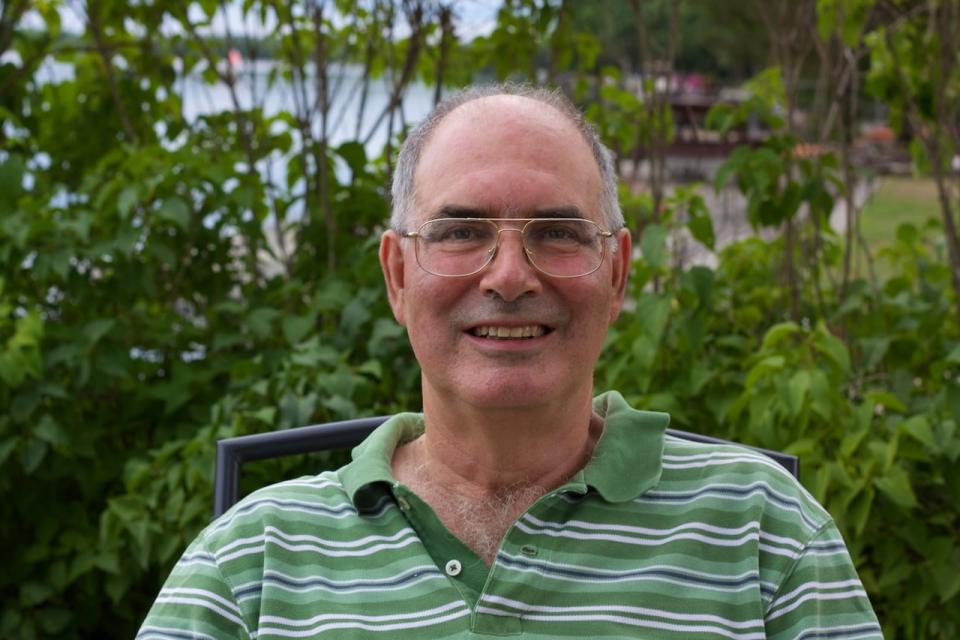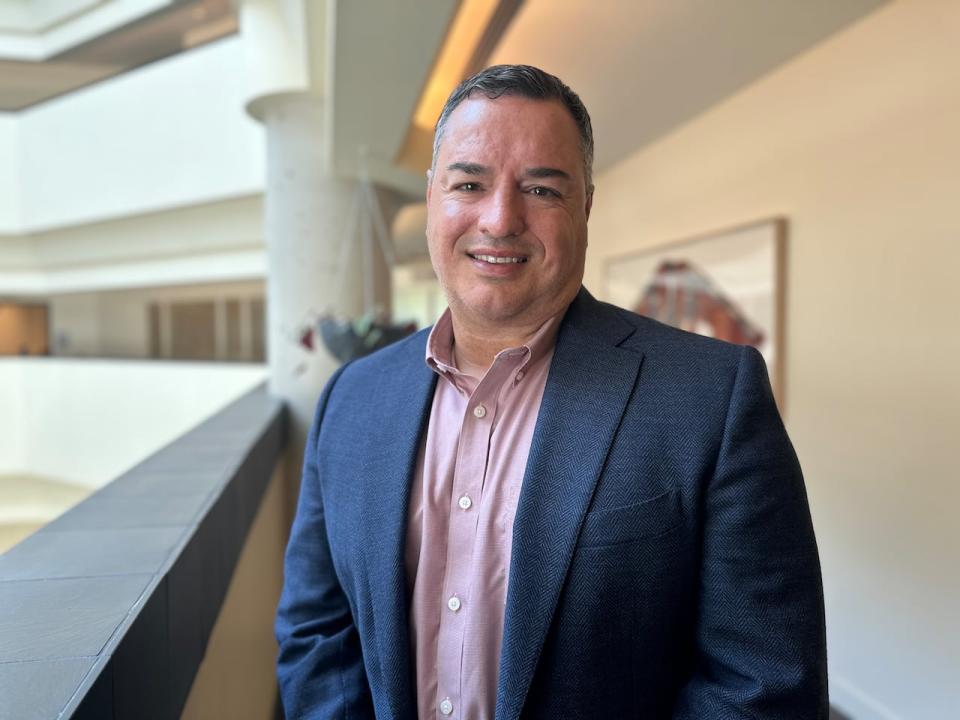Brampton's strategic reserve down from $200M to $9M in 3 years

A key reserve fund in Brampton has dropped from $200 million in 2021 to $9.5 million last year, sparking concern among some that the city may struggle to handle unplanned expenses in the future.
The city's strategic reserve was created after the sale of Hydro One Brampton in 2002, which netted the city some $200 million. The fund was intended to be maintained at that level, according to a 2021 staff report.
However in recent years, the city has used the reserve to pay for things like acquiring property to lure universities to set up campuses in Brampton, without putting money back into the fund.
Brampton's mayor is defending the spending and city staff say council has chosen to spend now rather than let the value of the funds decline due to inflation. But experts and some city councillors warn the city will face a bigger financial squeeze as a result and that new taxes or infrastructure levies may be needed in the future.
"It was shocking to see the decrease in the strategic reserve," former Brampton councillor Jeff Bowman told CBC News. "Those reserve funds are meant to be used for very important projects."
Bowman says those projects include things like the riverwalk – a downtown revitalization plan to mitigate risks of the Etobicoke Creek floodplain.

Former Brampton councillor Jeff Bowman says he was 'shocked' to hear about the strategic reserve going down from $200M to some $9M. (Herman Custodio)
The strategic reserve balance was released in May with as part of a report on the the city's other reserve funds, which total of half a billion dollars. However, city council hasn't released a plan at this time to replenish the strategic reserve.
A city spokesperson told CBC News in an emailed statement there is an "uncommitted" plan to replenish the strategic reserve with $62 million in the future.
"The current term of council has been actively utilizing these funds for their intended purpose rather than allowing their value to be eroded by inflation," the spokesperson said.
Brown defends spending, says property tax to remain low
The top items of spending for the duration of 2021 to 2023, according to a city document released at council, were: $40 million on property acquisition, $27 million on the Toronto Metropolitan University medical school and $7.3 million on Algoma University expansion.
Mayor Patrick Brown has been in charge while the strategic reserve has depleted.

Almos Tassonyi, a senior associate at the Institute on Municipal Finance and Governance, says to continue carrying out Brampton's priorities without creating a structural financial issue in the future, city council needs to look at increasing property taxes and levys. (Submitted by Almos Tassonyi)
Brown has defended spending, saying. "We want to make sure that when we pass projects as a city that we're moving those projects along."
Brown has frozen property tax rates since first being elected in 2018 and has said he intends to hold any increase below the rate of inflation.
"People are struggling to make ends meet, struggling to pay for groceries, struggling to pay their property taxes. If we're going to take funds from residents, it has to be for a stated, transparent purpose that is well known," Brown said.
Brampton has a AAA credit rating — which shows stable financial standing. The issuer of that rating, S&P Global, said in a 2023 report that if the city's revenue does not support the growing population demands, it could lead to a deterioration in capital balance and increasing reliance of debt.

Sylvia Menezes Roberts, a municipal affairs advocate, says Brampton's 'financial buffer continues to shrink as the city's financial needs grow… It reduces the city’s ability to deal with larger shocks.' (Evan Mitsui/CBC)
That scenario, tied with potential cost of transfer of Peel services to Mississauga, Brampton and Caledon, could lower the city's rating in future.
Brown said the city's finances are in good shape, citing $139 million he's set aside for reserve funds as part of his 2024 budget.
"We will be well prepared for whatever rainy day may be coming," he said.
But according to the budget, that $139 million is already earmarked to be spent on repairing and maintaining city buses, roads, recreational services and other infrastructure throughout the year.
Brampton may have to hike taxes, say some experts
Some municipal finance experts say Brown's government has limited options to raise money and may have to hike taxes.
Almos Tassonyi, a senior associate at the research organization Institute on Municipal Finance and Governance (IMFG), says residents can expect to see a line item in future budgets on rebuilding reserves.
"Increasing the property tax would be absolutely fair," he said.
Sylvia Menezes Roberts, a Brampton municipal affairs advocate, says replenishing the strategic reserve is crucial to avoid external loans. For that, she says council needs to look at increasing infrastructure levy and property taxes in the city of nearly 700,000 people.
"In some places, the roads are really bad and they should have been repaired years ago. Why didn't they get repaired? Because there isn't money. Why isn't there money? Because we don't have the money for the infrastructure levy," she said.
"The financial buffer continues to shrink as the city's financial needs grow… It reduces the city's ability to deal with larger shocks."
City should reconsider medical school expenses: councillor
Coun. Martin Medeiros echoed those concerns.
"We are victims of our massive growth here in Brampton. I think we're victims also of the four-year tax freeze," said Medeiros, who previously supported the tax freeze.
He says the council needs to reconsider some of the spending items like Algoma expansion and the medical school.

Coun. Martin Medeiros says he is concerned about the city depleting the strategic reserves. 'We are victims of our massive growth here in Brampton. I think we're victims also of the four-year tax freeze,' he says. (Saloni Bhugra/CBC)
"We seem to go outside the lines of what the municipal government is responsible for. We have to go back to what our bread and butter is — repairing roads, investing in recreation and ensuring that we have proper infrastructure, that there's a well functioning municipality," he said.
"I think that we're going to have a hard look at the budget."
The city's spending on the medical school was highlighted as one of the risks that could add significant future tax pressures in a November 2023 city commissioned financial master plan by Hemson Consulting.
Tassonyi from the IMFG says Brampton taxpayers "would really want an awful lot of accountability on the TMU medical school" because post-secondary is "strictly" provincial jurisdiction.
The city has already spent $7 million more than what it committed towards the new school — to be located in the city's Bramalea Civic Centre, which the city gifted to the university.
"Establishing the GTA's first new medical school in one hundred years in Brampton has been a significant part of the city's ongoing advocacy work to meet the demands of our growing community," a city spokesperson said.

 Yahoo News
Yahoo News 
